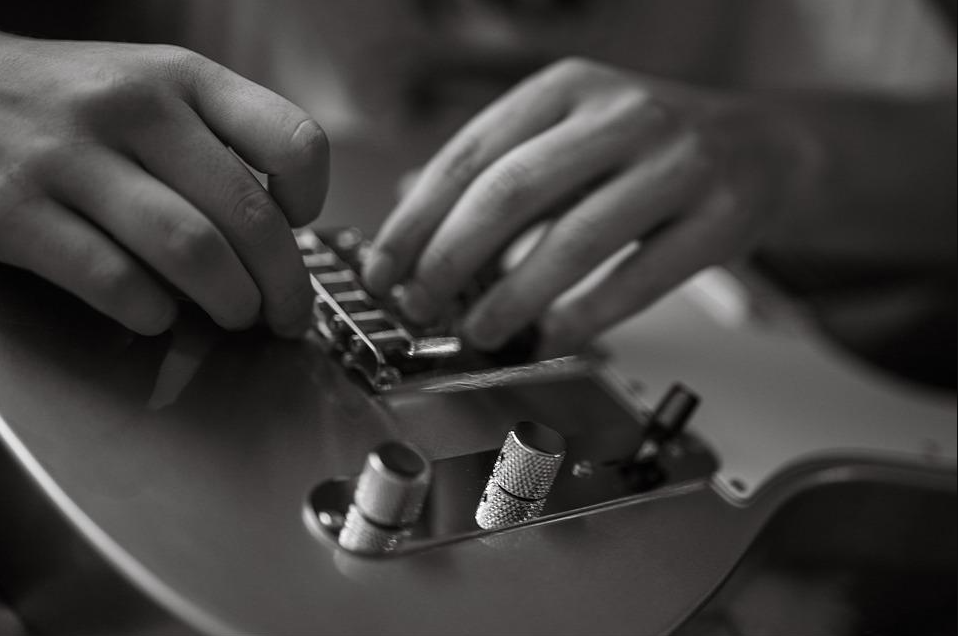
If you love playing the guitar or are learning how to play guitar, it’s necessary to change guitar strings for various reasons. Knowing when to change guitar strings will keep the instrument sounding as good as new. This article will discuss everything you need to know about changing guitar strings, including general care and maintenance of the instrument.
When to change guitar strings
Most music experts and guitarists agree that it is good practice to change guitar strings after 3 months or 100 hours of playing or when the guitar begins to sound weird. People change guitar strings for various reasons, as discussed below.
Reasons to replace your guitar strings
Broken guitar strings: Of course, when your guitar strings are broken, they won’t sound the same when you play the instrument. These strings break for many reasons; the most common include:
- Blurred tuning points
- Use of wrong strings
- Rough fret edges
- Sharp bridges
- Worn or dirty nut
The guitar strings feel gross, dirty, or sticky: You might need to change your guitar strings if they feel gross, dirty, or sticky. For the best results, wash your hands before playing the guitar, and then ensure that the instrument is properly stored after playing it. Such basic practices will preserve the guitar strings and save you the unnecessary stress of replacing the strings earlier than usual.
The guitar won’t stay in tune: It’s frustrating to play a guitar that won’t stay in tune. This doesn’t necessarily mean that you’re a terrible guitar player – changing the guitar strings could solve this problem.
The guitar sounds weird or dull: Before you play the guitar, you already know the tune you want to play and how it should sound. So when the guitar sounds weird or dull, especially if you’re not a beginner, it may be time to change the strings.
How to extend the life of guitar strings
Knowing how to extend the life of guitar strings can save you a lot of time and energy. The last thing you want is to constantly replace guitar strings every few hours because of a lack of proper care and maintenance for the instrument. Here’s how to prolong the life of guitar strings:
- Wipe the strings after playing: Wiping the strings after playing helps get rid of moisture, oils, dirt, and other particles from the guitar strings before storage. For best results, use a microfiber cloth to prevent lint from getting trapped in the groves of the strings.
- Wash your hands before playing: Washing your hands before playing the guitar helps get rid of oils and dirt, which tend to build up along the guitar strings when you play it. Doing so keeps the instrument in good condition for an extended period and makes it sound better.
- Clean regularly with string cleaner: Spare a few minutes to clean the guitar before and after playing it. When using a string cleaner, wipe the entire length of each string 2-3 times. Don’t worry if it takes longer the first time you clean the strings; you’ll get better and faster with time.
Key takeaways
When to replace guitar strings? That’s a question many guitar players ask. It’s advisable to change guitar strings every 3 months or 100 hours of playing, whichever comes first. Before then, ensure you take care of the guitar strings by washing your hands before and after playing and cleaning with a string cleaner. When cleaning the strings, use a microfiber cloth to prevent lint buildup.
